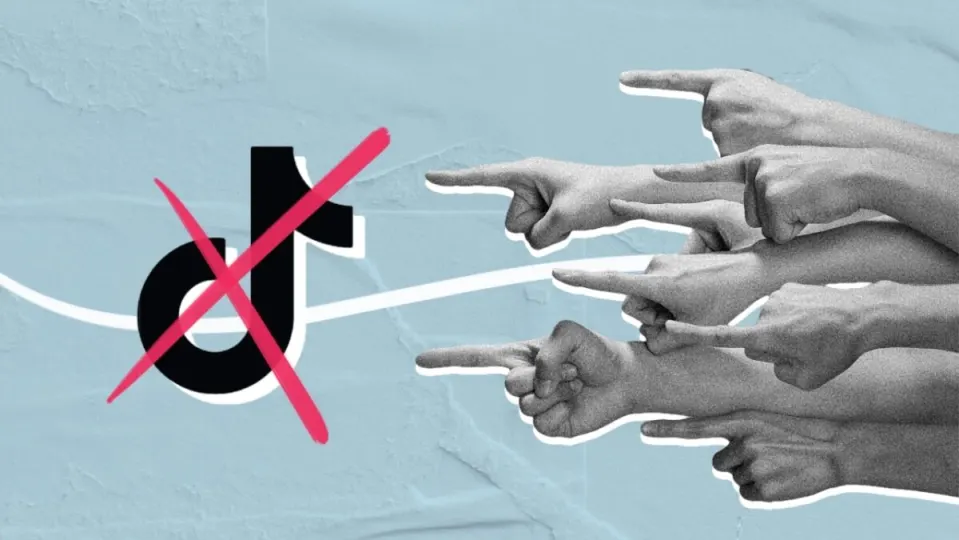The banning of TikTok has been one of the hot topics in recent months in the world of social networks (along with everything to do with Elon Musk and his management of Twitter since he took over). The recent campaign to veto the popular short video app began in December, when the United States banned its use on official House of Representatives devices.
This striking ban on TikTok in the United States spread to other regions and, in a short time, both the European Commission and Canada joined in vetoing the app on official devices, something that the British government is now also considering. With these precedents, and with a bill underway that could put an end to its use on US soil, one can only wonder: why does everyone want to ban TikTok?
Chinese espionage or U.S. political weapon?
According to Mashable, the roots of this problem go back to 2017, when ByteDance, founded by Chinese entrepreneur Zhang Yiming, bought the US app Musical.ly, which has since been renamed TikTok. After the boom in popularity of its short videos, spurred by countless celebrities who began to make use of it and recommend it, the app was in the spotlight.

Two years later, TikTok was investigated by the US think tank Peterson Institute for International Economics, in the process discovering that the app had the ability to send data to China-based ByteDance. Shortly thereafter, Donald Trump‘s administration was asked to investigate TikTok.
Both Trump and his successor, Joe Biden, have considered banning the short video app in the United States. While the former was ultimately unsuccessful, the latter may have continued a path taken to prevent “the Chinese Communist Party from accessing Americans’ personal and private information”. An alleged possibility that could lead to spying on members of the U.S. government, according to Trump.

An idea that would be further reinforced after several investigations carried out by different U.S. media, it was discovered that certain ByteDance employees spied on U.S. journalists, proving, moreover, that these workers accessed from China to U.S. data quarantined in the U.S. country.
But there are also dissenting voices who doubt that TikTok shares U.S. user data with the Chinese government. Anupam Chander, a law professor at Georgetown University, said that “there is no evidence of this” and that “this access is not by the Chinese government, but by others within ByteDance’s corporate structure, to check data on TikTok employees and others in the United States.
For the time being, and in the absence of new studies to substantiate the US allegations, there is no evidence that TikTok or ByteDance are handing over US user data (or data from other parts of the world) to the Chinese government. What is clear is that the tone on the part of the US government has become more heated in recent months, amid the tension between the US and China, so it would not be unreasonable to think that the TikTok ban is being used as a political weapon and that US allied countries are strategically supporting this stance.


